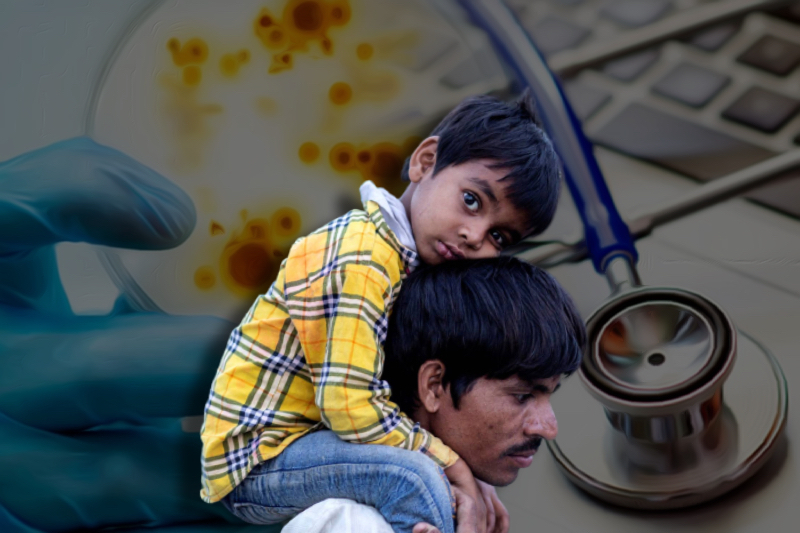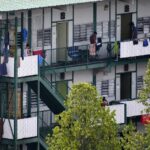
singapore migrants healthcare system
In Singapore, the Ministry of Manpower (MOM) in late June published a Request for Proposal (RFP) for the arrangement of essential medical care services for migrant workers to battle the pandemic.
Under the arrangement, primary health care should be inclusive, affordable, and accessible, with great coordination and continuation of care. There is more opportunity to boost providers to improve care models given the steady patient populace in an unmistakably characterized geography and the designated capabilities supervisors need to maintain.
The workers in RFP would be organized into six geographic areas with each having a clinical center supported by medical facilities and telemedicine skills.
However, now the migrant worker’s health is the main agenda of the Government. It is ready to mediate proactively and grow the market. To appreciate this plan, one requires understanding how the migrant medical care functions.
The current approach for the health care of the migrant workers is generally responsive, zeroing in on the episodic treatment of infections and wounds with the least attention to preventive health.
However, in immediate medical care little is known about the degree of whether satisfactory treatment is conveyed or either expense for the migrant worker is borne by employers.
Related Posts
Primarily health care covers in-patient and day surgery costs and is more restricted in covering chronic diseases which don’t warrant clinical attention in an in-patient state.
However, the migrant worker may not seek treatment for chronic diseases like hypertension or diabetes because of high expenses.
However, prior to the coronavirus pandemic, some laborers with chronic sickness would avoid the cost issue by seeking medical care in their home nations with medicines prescribed for the whole year or carried into Singapore informally by colleagues at regular periods. This plan was far from ideal now it’s no longer valid given the travel restrictions amid covid-19.
Patients with hypertension need a consultation with the doctor once a year rather than periodic visits. Those suffering from hypertension can keep a daily record of their blood pressure readings and later discuss it with their doctor virtually. Therefore medicines could be delivered to them in their dormitories.
A good primary health care network would improve the quality and proficiency of the patients. It would also give timely treatment to the migrant workers.
The health care plan sets out a step-by-step protocol for medical professionals including a timetable.
Medical care providers should be able to communicate in the dialects utilized by migrant workers (for instance, Tamil, and Bengali, Mandarin).
A strong essential health care system for migrant laborers will fortify disease surveillance and reduce the dangers of the coronavirus flare-ups.













